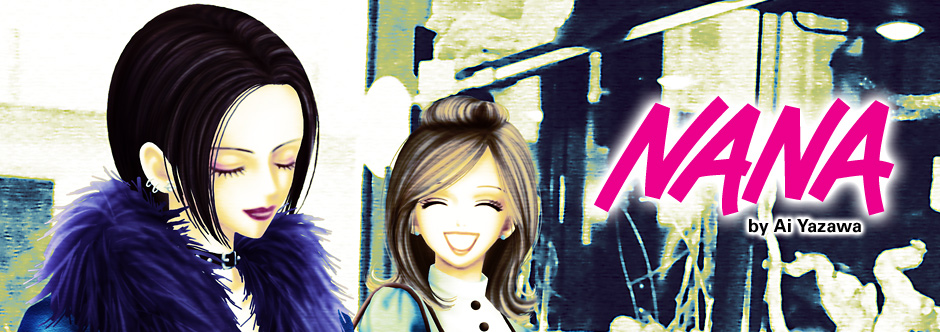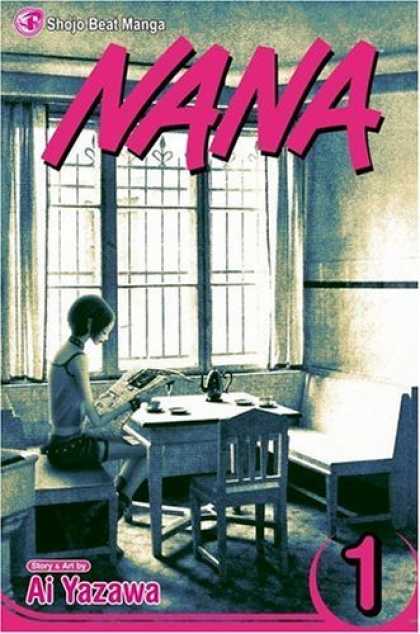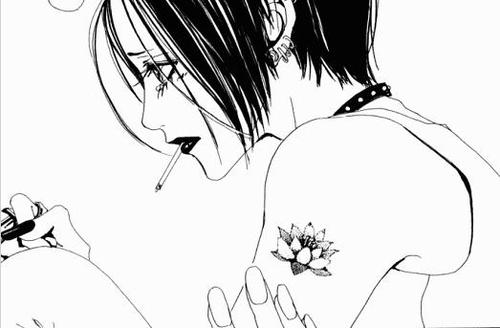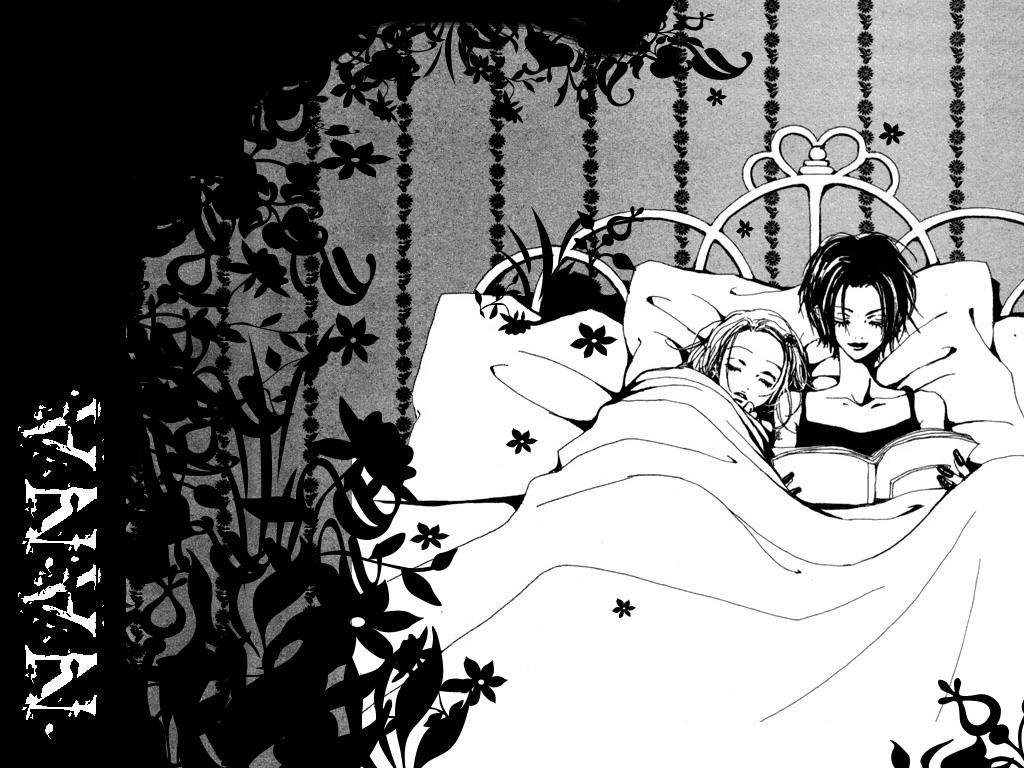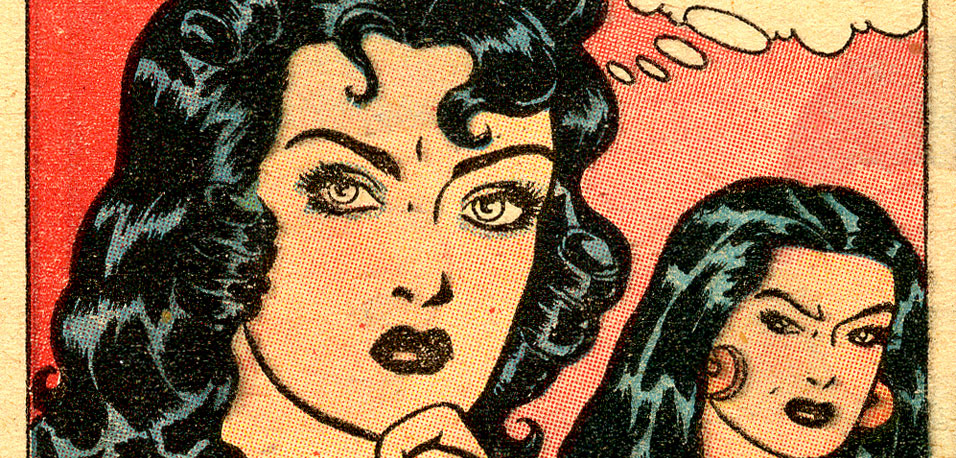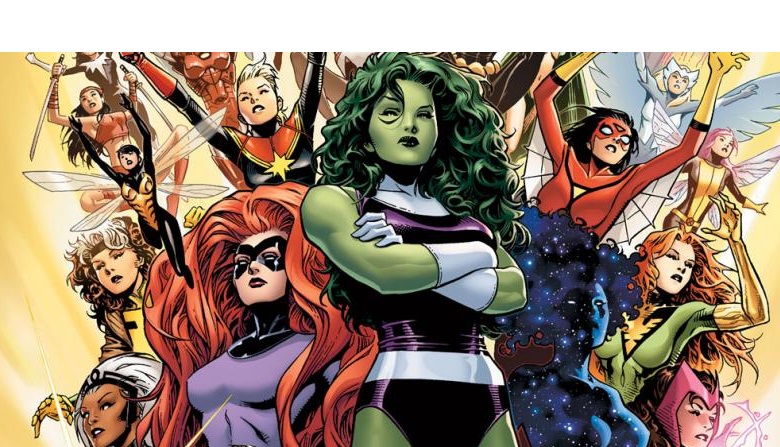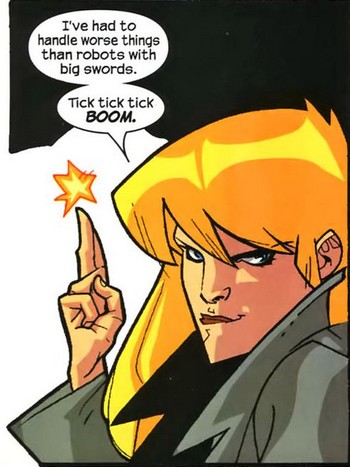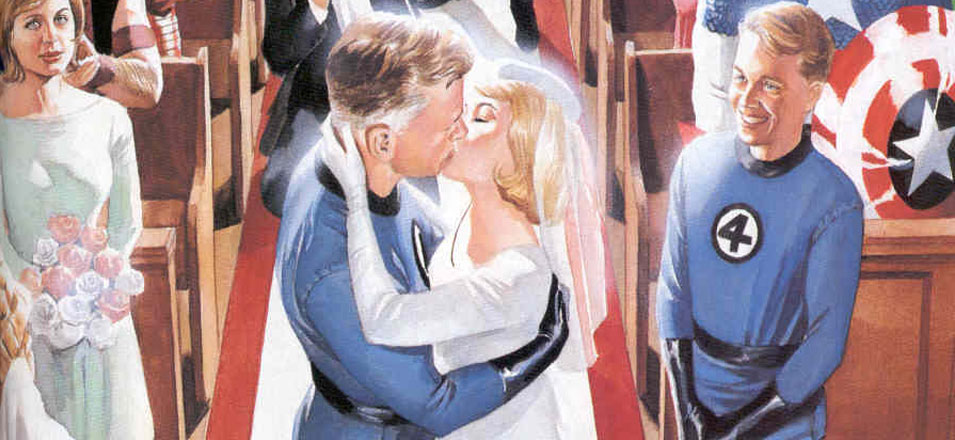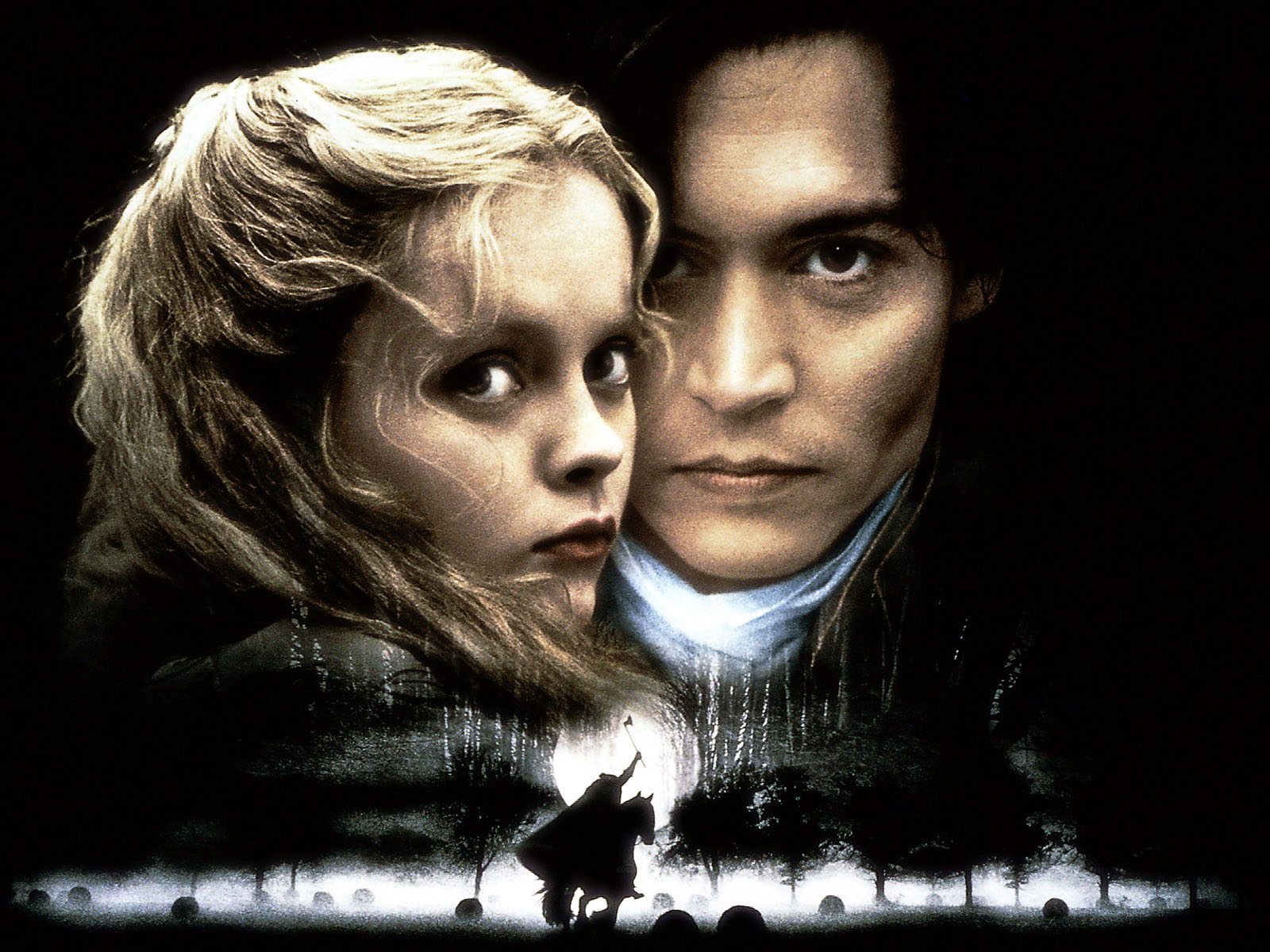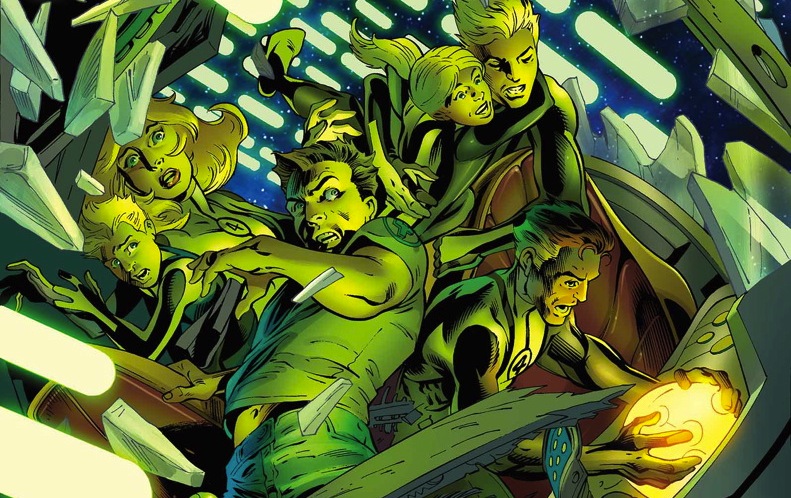If you listened to our show a month ago, you heard the team’s thoughts and impressions of a josei series called Nana. You also heard about the difficulty in selecting a book that doubles as someone’s first impression of an entire medium. Manga itself can be a deterrent to a lot of seasoned comic book readers, being different enough from comics yet still considered part of the sequential art family.
So, Nana. It’s a josei series by Ai Yazawa. There are 21 volumes so far, published in North America by Viz under the imprint Shojo Beat. It is an incomplete series, and it is likely that it may never be finished. Regardless, I felt that it would make an excellent introduction to the world of manga for dedicated comics readers.
What drove me to recommend Nana is the genre; it is josei. Josei refers to woman, and, in the context of manga and anime, denotes stories that are written for women. Josei differs from shojo in that shojo is targeted at a teenaged audience – the stories typically feature a high school-aged cast and deal with struggles typical of teenagers. I think of shojo as YA fiction. Josei targets an older audience by aging the main cast (usually 20 years or older) and depicting the struggles common to adults, like money, romance, career, or family concerns. They often have a healthy dose of sexual content in them. (For more specific information on josei characteristics as well as some recommendations, check out an older post I wrote in 2014.)
Josei is so different from what we typically think of when we think of comics. Our encounters are more often than not limited to superheroes, science fiction, horror, and sometimes fantasy. The slice-of-life aspect and romance found in josei are not typical in comics, though both can be found in graphic novels and indie books (looking at you, Giant Days!). In Nana’s case, it is a mix of romance, drama, friendship, addiction, mental health, abuse, and recovery. It hits on so many aspects of human life, making it a true narrative powerhouse unlimited to just manga.
What really struck me during our discussion of the series was how much the guys connected with the Nanas. Part of my fear in recommending the series was the intimate look at how women – specifically young and immature women – think and process situations in their lives. Nana Komatsu struggles to relate to others, often becoming obsessed with any person. Nana Osaki is extremely possessive, fearing rejection despite her rejection of others. Obsession and possession. The two Nanas represent extremes, one needing desperately a place to belong and the other wanting to accumulate a makeshift family.
While superhero/fantasy/science fiction comics are an examination of human nature in a different environment, Nana is a deep look at real human situations. People make dumb decisions. People have regrets. People move in and out of your life, but you never forget them. You find little ways to honor their memory. People deal with mental illness and addiction the best way they can. Sure, the drama of the series is turned up to 11, but the situations are not that far removed from the familiar.
I hope that you gave this series a try when we discussed it on the show. I still get tweets or messages from listeners who have read the first volume, which makes me so happy. Even better, I get recommendations from listeners about manga series they love. It is so awesome to see that kind of sharing in our TC community, and I hope to see more talk about our favorite stories and why we like them.

